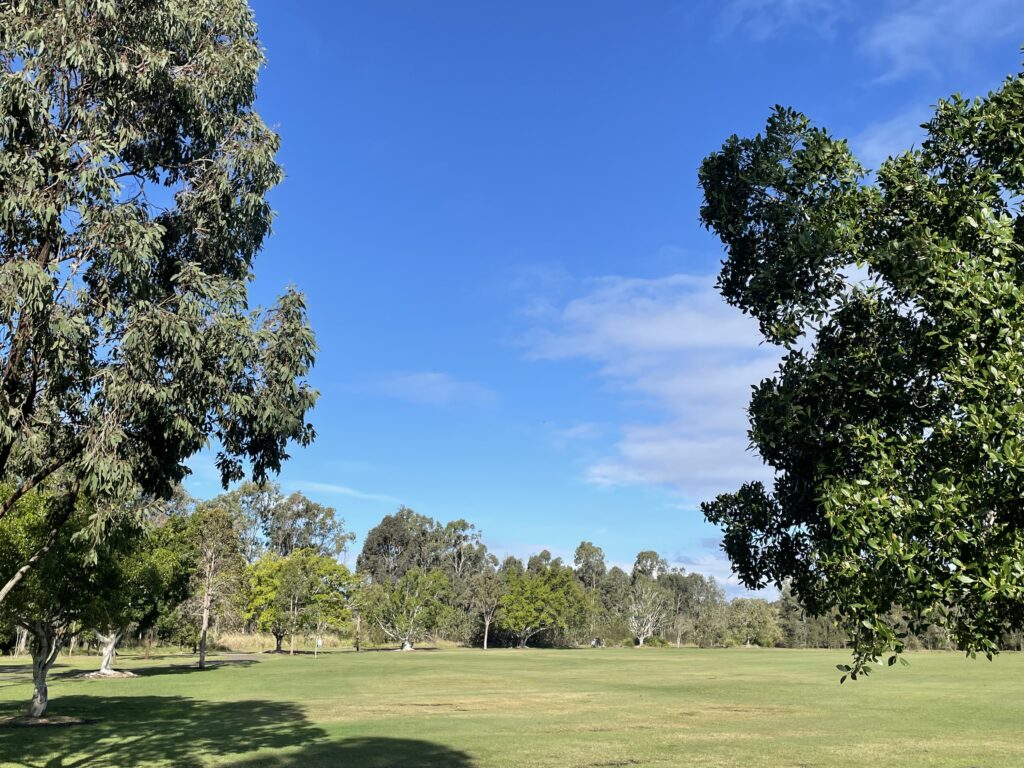Ageing into Dying and Death
Buddhist writer Larry Rosenberg maintains that “we’re not really afraid of dying – we’re afraid of the idea of dying”.
The discussion of ideas about dying has become quite fashionable – though they are not usually recognised as no more than ideas.
The Tibetan Book of the Dead and its famous variant, Sogyal Rinpoche’s Tibetan Book of Living and Dying, have become bestsellers. At any public meeting on Buddhism, you can be sure of at least one question about rebirth.
In meditative enquiry it is important to distinguish between ideas and personal experience.
Buddhist ideas about death are an expression of the experience of highly evolved yogins, raised in or living in traditional spiritually saturated cultures. Such ideas can sustain faith. They are also valuable in that they may contain specific meditation and visualisation instructions which, in gifted and advanced practitioners, can lead to altered states of consciousness.
However, it is all too easy to forget that these are mere ideas, which we may have made into fascinating and consoling mind pictures. They then become, in effect, evasions, in that they make it more difficult to sustain a don’t know mind, empty and open to receive whatever gifts of insight may be offered.
The ancient Ch’an scripture, On Trust in the Heart, warns us that, of death and all the grave and constant concerns of life, “the more you think about it, the more you talk about it, the further from it you go. Put an end to wordiness and intellection and there is nothing you will not understand. For what can words tell of that which has no yesterday, tomorrow or today?”
Similarly, many centuries later, the great Zen master Dogen, who emphasised death as the central concern and practice, urged us not to analyse it or speak about it. “Just set aside your body and mind, forget about them, and throw them into the house of Buddha; then all is done by Buddha.”
If we ask ourselves questions like “What is my death?” and “Where do I go after I die?” we may be able to come up with some interesting ideas.
But in the shadow of death we shall need more than fascinating explanations to sustain us.
Our salvation lies in sustaining holy ignorance, the open, receptive mind of bare awareness. This requires faith, courage and determination, because when we penetrate beyond ideas about dying, we uncover what we really fear, and with good reason – our feelings about dying.
Source: Based on Jones, Ken. Ageing: The Great Adventure (A Buddhist Guide). Published by The Buddhist Hospice Trust.
https://buddhisthospice.org.uk/books/
Long-time Zen practitioner, haiku poet, and secretary of the U.K. Network of Engaged Buddhists, Ken Jones offers wisdom on aging and death. The above information is an excerpt from a pamphlet—Ageing: The Great Adventure—that grew out of a series of workshops Jones conducted.
This 32-page pamphlet by Ken Jones shows how to make a work of art of ageing and dying, as the greatest adventure of our lives. It also draws attention to the snares and delusions, and has some controversial and down-to-earth things to say about dying. It ends with a celebration of old age. Although written from a Buddhist standpoint, it aims to be accessible and helpful to people of all spiritual beliefs and none.

Our salvation lies in sustaining holy ignorance, the open, receptive mind of bare awareness. This requires faith, courage and determination, because when we penetrate beyond ideas about dying, we uncover what we really fear, and with good reason – our feelings about dying.
(Ken Jones, Ageing: The Great Adventure [A Buddhist Guide])
